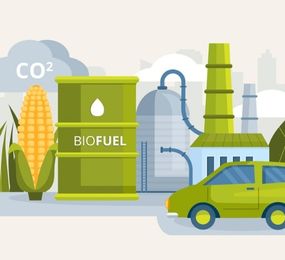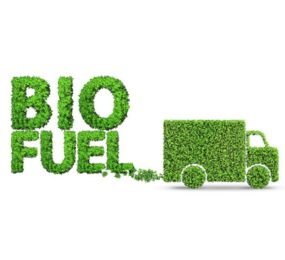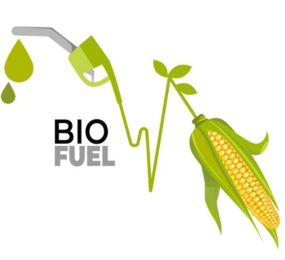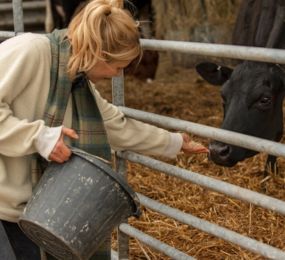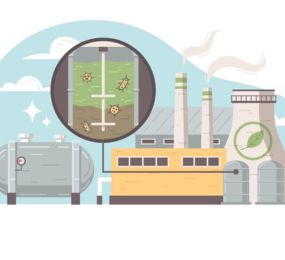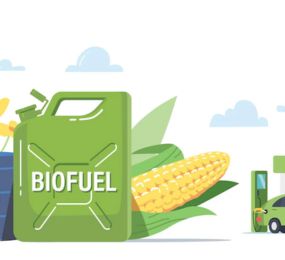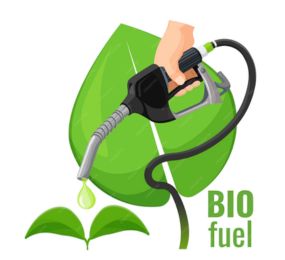For more sustainable and eco-friendly energy sources, biofuels have emerged as a viable alternative to traditional fossil fuels. These fuels, derived from organic materials, offer a promising solution to reduce greenhouse gas emissions and combat climate change. Biofuel conversion processes play a crucial role in turning nature's bounty into a sustainable energy source. Here, we explore some of the key biofuel conversion methods.
1. Transesterification for Biodiesel: Transesterification is a common method for producing biodiesel, primarily from feedstocks like vegetable oils and animal fats. In this process, the feedstock is chemically reacted with an alcohol (usually methanol or ethanol) in the presence of a catalyst. The result is biodiesel and glycerol, a valuable byproduct.
2. Ethanol Fermentation: Ethanol, a biofuel commonly used in transportation, is produced through fermentation. Microorganisms, such as yeast, break down sugars and starches from feedstocks like corn, sugarcane, or cellulosic biomass into ethanol. This process is widely used for first-generation and advanced bioethanol production.
3. Thermochemical Conversion: Thermochemical conversion methods include pyrolysis, gasification, and hydrothermal liquefaction. These processes involve subjecting biomass to high temperatures and pressures, often in the absence of oxygen. They produce various biofuels, bio-oils, and syngas, which can be used for power generation, heat, or biofuel production.
4. Algae Biofuel Production: Algae are an excellent feedstock for biofuel production due to their rapid growth and high oil content. Algae-based biofuels, including biodiesel and bioethanol, offer a sustainable and versatile alternative to fossil fuels.
5. Cellulosic Biomass Conversion: The conversion of cellulosic biomass, such as agricultural residues, wood, and dedicated energy crops, involves advanced processes like enzymatic hydrolysis and microbial fermentation. These methods are essential for producing advanced bioethanol and other biofuels without competing with food resources.
6. Waste-to-Biofuels: Municipal solid waste, sewage sludge, and agricultural residues can be transformed into biofuels, reducing the burden on landfills and providing an environmentally friendly energy source.
Biofuel conversion processes are continually evolving, driven by research and development efforts to make biofuels more efficient and cost-effective. These processes offer a path to a more sustainable and cleaner energy future, where we can reduce our carbon footprint and rely on renewable resources to meet our energy needs. As we invest in the development of biofuel technologies, we move closer to a greener, more environmentally responsible energy landscape.
To register or learn more about the Forum please check here: https://bit.ly/3JyelAm
For more information and group participation, contact us: [email protected]



